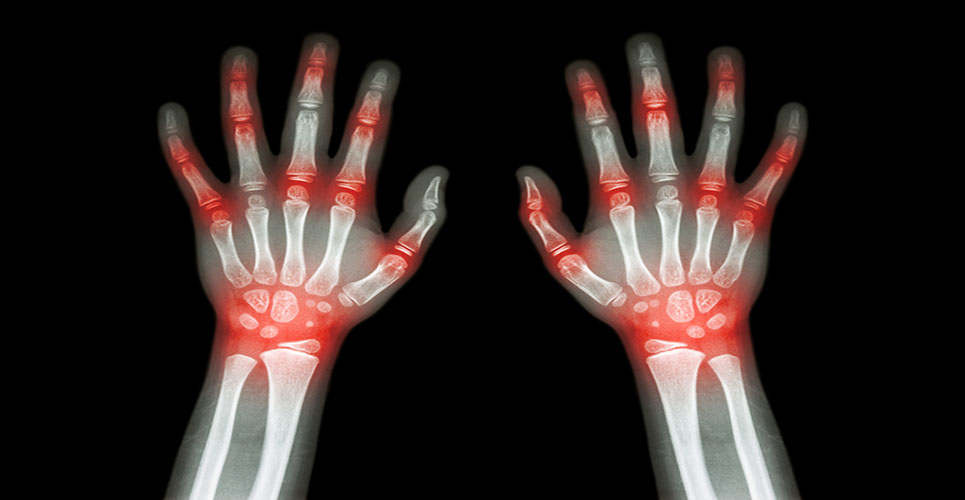teaser
New pivotal Phase III data has shown that 45% of children with active systemic juvenile idiopathic arthritis (SJIA) were able to substantially reduce their use of oral corticosteroids within 28 weeks of commencing treatment with ACZ885 (canakinumab) (p<0.0001).
The results of the study, which met both primary endpoints, were presented yesterday at the American College of Rheumatology’s (ACR) Annual Scientific Meeting in Chicago, USA.
“These data are very welcome because nearly half of ACZ885-treated patients were able to reduce their steroid use during the study, potentially helping decrease the impact that these drugs can have on this young population,” said Dr Nico Wulffraat, Paediatric Immunologist at Wilhelmina Children’s Hospital, University Medical Center in Utrecht, The Netherlands.
“One of our main goals as physicians, and this applies to all therapies, is to provide patients with treatment options that combine effective control of their disease with a favourable safety profile, making long-term safety data monitoring important.”
In addition, patients with SJIA on ACZ885 were nearly three times (0.37 hazard ratio) less likely to suffer a new flare.
Therefore, only 27% of ACZ885-treated patients experienced a new flare, vs. 75% of patients on placebo during the study (p=0.0043).
Data from this trial support the safety and efficacy profile of ACZ885 in the study population.
These results, along with data from a second pivotal study, are planned to form the basis for worldwide regulatory submissions in 2012.
Side effects observed in this study were similar to those already seen for ACZ885’s approved indication, including infections and neutropenia.
In addition, cases of macrophage activation syndrome (MAS) were reported in this study.
ACZ885 is an investigational fully human monoclonal antibody, which neutralises the key inflammatory mediator, interleukin-1 beta (IL-1 beta), which plays an important role in a number of diseases including SJIA.
American College of Rheumatology

